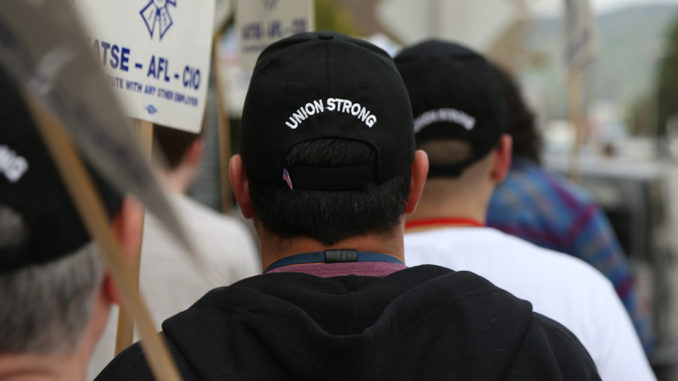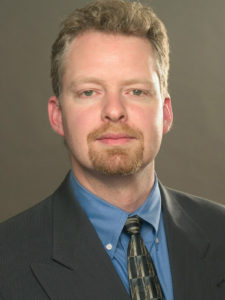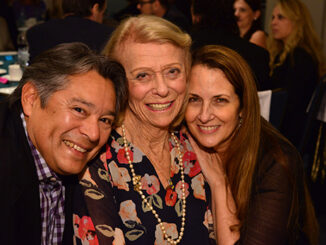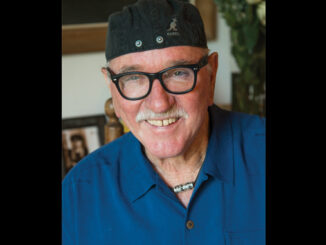
By Tris Carpenter

The Editors Guild presented an open panel discussion with some of the most accomplished editors from various sectors of our business on April 20. Alan Heim, ACE (The Notebook, All That Jazz), Carol Littleton, ACE (The Manchurian Candidate, E.T.: The Extra-Terrestrial), David Zieff (Metallica: Some Kind of Monster, Left of the Dial), Mary Jo Markey, ACE (Lost, Alias), Scott Powell, ACE (24, VH1 Behind the Music) and Guild President Lisa Churgin, ACE (House of Sand and Fog, The Cider House Rules) spent almost two hours talking about the craft and business of editing, taking questions from an audience comprised of members and non-members alike. The event was part of the Guild’s recent efforts to reach out to the larger editorial community.
As with many discussions in the community these days, the subject quickly turned to the question of how to best organize editors in reality television. And putting to rest the bizarre notion that the Editors Guild was “not interested” in organizing was none other than some of the most prominent members of the Guild. The message from the dais came loud and clear: The Guild wants to organize reality television editors and assistant editors!
The subject, of course, is near and dear to my heart. After all, I’ve spent a huge part of my four-and-a-half years here speaking with editors and assistant editors in reality television who want to organize. The problem with most organizing, of course, is that several forces are allied against us. The single most challenging aspect for me is to give people a clear picture of what might happen in a campaign, and allow them to make decisions for themselves. The road isn’t very smooth, I’m afraid, and a crew that isn’t prepared for a few potholes will fare poorly and probably not be very successful.
Organizing is an active thing, not a passive one.
But some have made the trip and come back with important gains. A member who was at the April 20 panel spoke about his experience during the campaign to organize Blind Date. He described the situation as tense, with meetings every day in which the producers tried to convince the crew not to vote for union representation. In the end, the crew members stuck together, got a contract and had just completed their first season under it (and the show just got renewed for another season to boot).
Blind Date, of course is just one example of several. The Editors Guild and the IATSE have made a major commitment to continue our work organizing these shows. We have brought over 40 such shows under an IATSE contract––a far superior record than any other union in the entertainment business. Over time, as we organize more and bigger shows, this effort will begin to create a “critical mass” that will make it easier for the next shows to go union too.
Organizing, however, is an active thing, not a passive one. Unions (at least in this day and age) don’t simply just blow in and “make it go union” while everyone stands around watching. In many ways, it is entirely up to the crew to decide if a union contract is worth the fight; unless the crew can muster up that kind of courage, it won’t happen.




